By Amanda Hill
Since starting Texas Table Top more than two years ago, we’ve seen the local food movement grow in popularity. Texans want to buy fruits, vegetables, meats and other staples from other Texans—whether at a farmer’s market or at their neighborhood grocery store. I actually think that’s why Texas Table Top is read by so many. (Thank you for reading, by the way!) We try very hard to introduce you to local farmers and talk about the crops and animals that are raised here in the Lone Star State.
After studying the “buy local” movement for a while, I’ve noticed there are both pros and cons to the trend.
On one hand, local food has advantages:
- Freshness—One of the main reasons consumers say they buy local is for superior freshness. There are fewer stops between the field and your dinner plate. (Though our supermarket supply chain sure gets food to the shelves pretty darn quick, if you ask me.)
- Choice—Consumers can buy their food wherever they’d like, whether at a roadside stand, farmer’s market, specialty store or conventional supermarket.
- Personal touch—Buying produce and other products direct from a farmer or rancher gives consumers a chance to get to know the men and women who grow our food. Conversations occur and relationships are formed.
- Connection to local crops—Buying local helps Texans understand what grows here in the Lone Star State. Some Texans have no idea what crops grow here. Others have bought their Texas pecans, peaches, steaks and other foods directly from the farmer or rancher who raised it. Buying local connects us to Texas agriculture!
But, like with anything, there also are some trade-offs:
- Seasonality—When you buy local, you can only get what’s in season and what grows in the area. Craving strawberries in West Texas in November? Not going to happen!
- Convenience—Not everyone lives near a roadside farm stand or robust farmer’s market. Plus, it’s not always practical to go out of your way to get to one, in addition to stopping at the grocery store for other essentials.
- Price—Chances are you will pay more at the farmer’s market than you would at a conventional supermarket. Most of the farmers and ranchers are selling relatively small quantities of produce and other goods, and they have to trade smaller volume for a bigger price tag in order to make a profit.
- Variety—Like seasonality, the buy local movement is confined to what’s available at the time. Depending on the time of year, there may be fewer options from which to choose.
Ultimately, buying local food is just one way to feed your family fresh, healthy meals. I’m thankful for the Texas farmers and ranchers who work under some of the most difficult conditions to raise the fruits, vegetables, meats and grains that end up on my dinner table, as well as tables across this state, our country and the world.
Even if buying local isn’t part of your regular routine, I hope you’ll have a chance to meet a Texas farmer or rancher and talk with them about how they grow our food. They really are the salt of the earth!

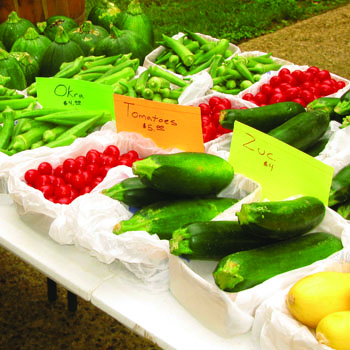
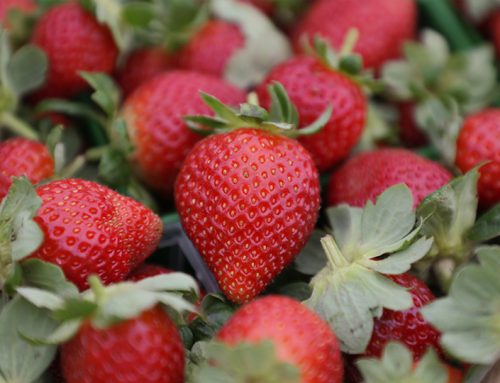
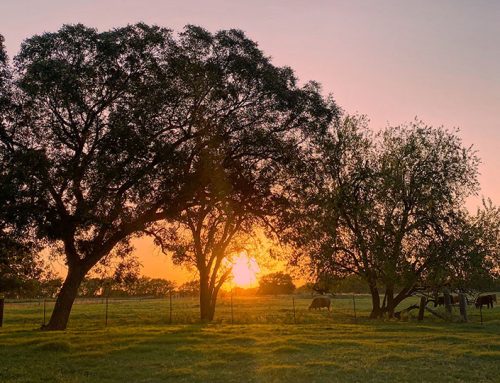
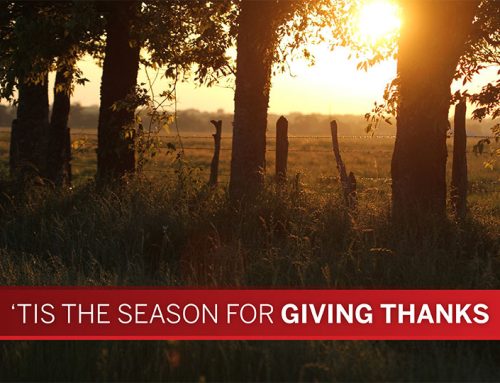
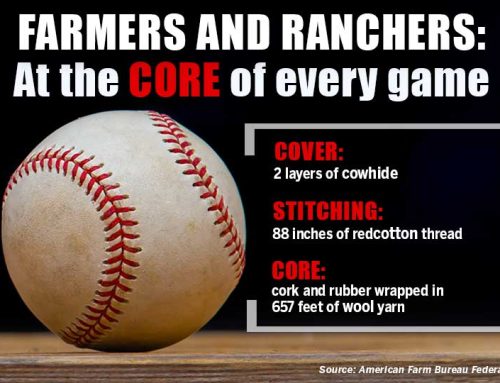
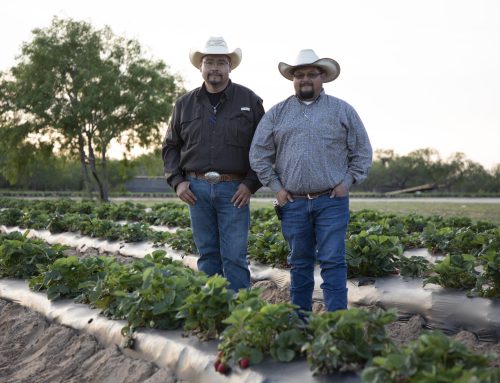




Leave A Comment